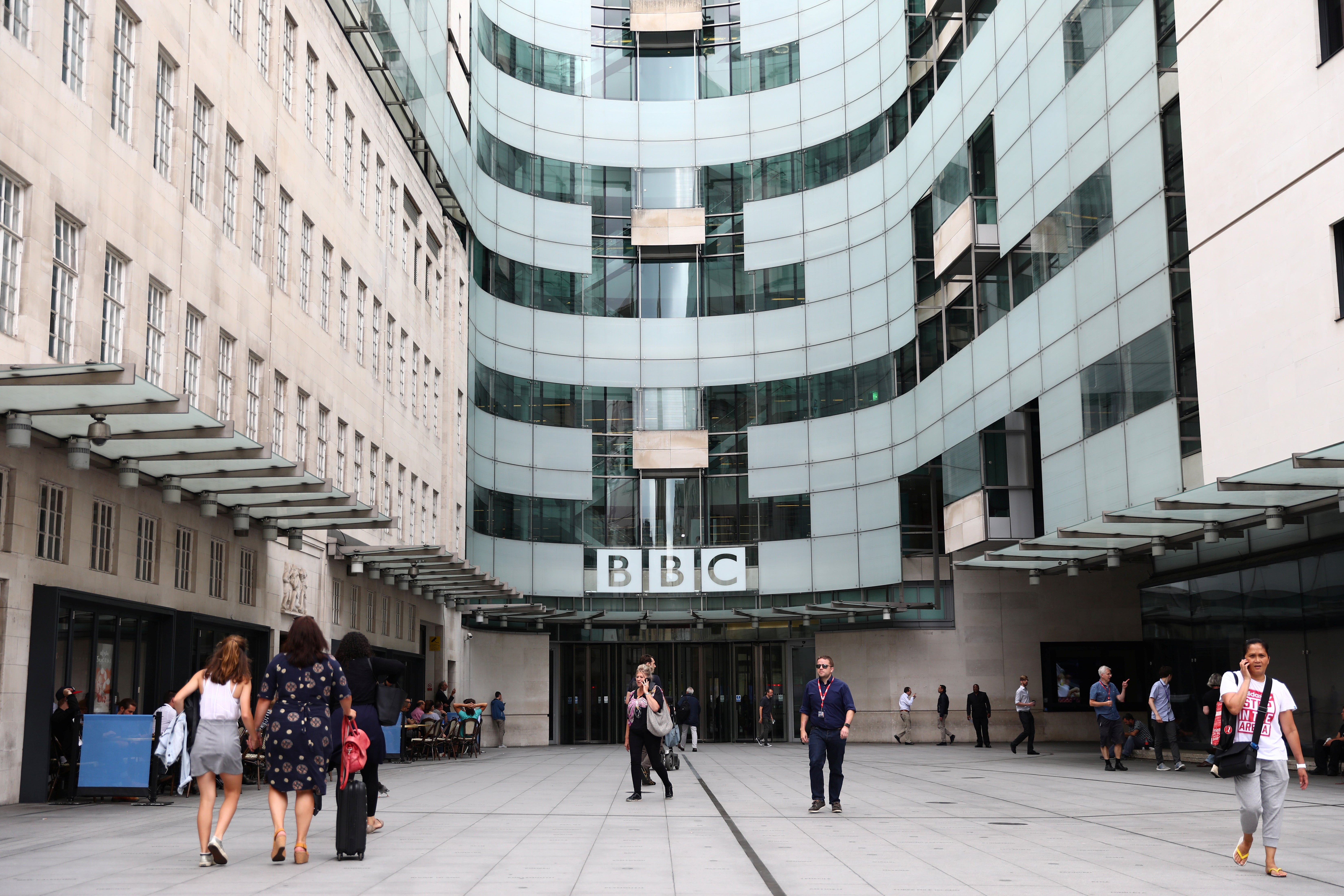
The BBC has won a Freedom of Information court case against Press Gazette to keep secret the amount of money it paid a consultancy to produce a report that highlighted the corporation’s value for money.
The “deprivation study”, titled “What is life like without the BBC” and written by consultancy firm MTM, was published on 27 April 2022, shortly after the government announced a licence fee freeze.
For the study, MTM deprived 80 households, most of them containing licence fee sceptics, of access to the BBC for nine days. One of its key findings, highlighted by director-general Tim Davie, was that “the majority of the households underestimated the value that they get from the BBC”. The full study ran over 70 pages.
Shortly after the report was published, on 3 May 2022 Press Gazette sent an FOI request asking the BBC to reveal the total cost of producing this report. The BBC declined to release the information, citing section 43(2) of the FOI Act that protects “commercial interests” and upheld this decision after Press Gazette asked for an internal review.
The Information Commissioner’s Office later sided with Press Gazette and ordered the BBC to release the figure. The commissioner said the BBC had failed to demonstrate how the release of the information would damage its commercial interests.
Rather than release the information, the BBC made an appeal to the First-tier Tribunal (General Regulatory Chamber), claiming that its commercial interests would be harmed – in part because it could affect future negotiations with other market research agencies – and arguing that disclosure would also “be likely to harm the commercial interests of MTM”.
The BBC said it was concerned that disclosure would “set a damaging precedent for future research work” and that consultancies could be “discouraged from working with us in the future”.
MTM was concerned that the release of the information would enable competitors to calculate its rates and “deliberately undercut MTM in future competitive tenders for comparable work”.
Press Gazette argued that there was a public interest in disclosure.
The tribunal found that the section 43(2) exemption was engaged “as both the commercial interests of the BBC and of MTM are affected” and that “there is a real and significant risk of prejudice to the commercial interests” of both.
The tribunal’s panel, which had access to confidential information about the contract between the BBC and MTM, further ruled that the public interest “lies in favour of non-disclosure”.
It found that the information about a contract awarded via a competitive tender process would “not add any greater understanding of the value for money of the contract”. It said MTM had awarded the contract “at a competitive discounted rate”. It noted that the BBC already publishes some information about its research costs.
It also said: “There is limited public interest in the cost of one study – particularly in a context where other financial information and process information is already published to meet the public interest in the way the BBC spends public funds and given the fact that this is one cost within a significant marketing budget.”
Email pged@pressgazette.co.uk to point out mistakes, provide story tips or send in a letter for publication on our "Letters Page" blog
